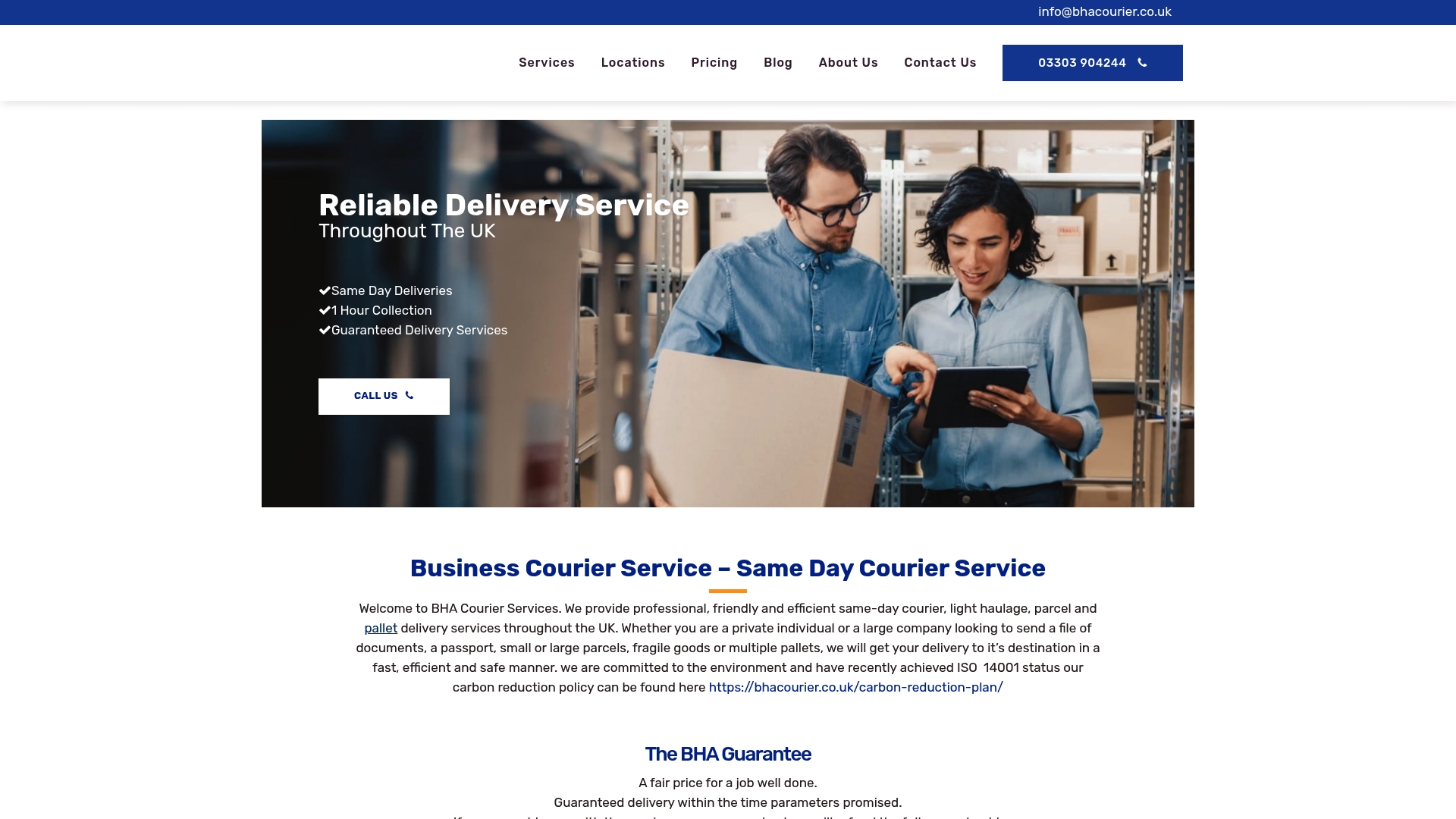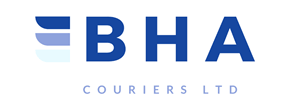
20 Aug 7 Essential Tips for Finding Business Mentors
Every ambitious entrepreneur dreams of soaring higher, but not everyone realises that professional mentors are the real power behind business success. Studies reveal that entrepreneurs with mentors are significantly more likely to grow their companies compared to those without guidance. Here is what most never admit: mentors do not just hand out answers, they quietly shape your journey so you can discover your own breakthroughs.
Table of Contents
- Understand The Importance Of A Business Mentor
- Identify What You Need In A Mentor
- Leverage Your Existing Network
- Attend Networking Events And Workshops
- Use Online Platforms To Find Mentors
- Approach Potential Mentors With Confidence
- Build And Maintain A Meaningful Relationship
Quick Summary
| Takeaway | Explanation |
|---|---|
| Seek a business mentor for guidance | A mentor offers insights and experience that can significantly aid your professional development. |
| Identify your mentorship needs clearly | Assess your specific objectives to find a mentor who is best suited to guide you. |
| Utilise your existing network effectively | Your current connections may hold potential mentors; reach out to them with genuine intent. |
| Be prepared before networking events | Research potential mentors and practice your professional introduction ahead of time. |
| Maintain ongoing communication with your mentor | Regular check-ins and feedback sessions help foster a strong and productive mentoring relationship. |
1: Understand the Importance of a Business Mentor
Finding business mentors is more than a professional courtesy it’s a strategic investment in your entrepreneurial journey. A business mentor provides invaluable guidance, drawing from years of experience and expertise that can dramatically accelerate your professional growth and decision making.
Successful entrepreneurs understand that navigating the complex business landscape requires more than just technical skills. Mentors offer critical insights that textbooks and courses cannot replicate. They bring real world perspectives, helping you avoid common pitfalls and strategic mistakes that could potentially derail your business.
Key benefits of securing a business mentor include:
- Direct access to seasoned professional knowledge
- Objective feedback on your business strategies
- Expanded professional network and connections
- Personalised guidance tailored to your specific challenges
According to Forbes, entrepreneurs with mentors are significantly more likely to succeed and grow their businesses compared to those without professional guidance. The mentor relationship goes beyond simple advice it represents a transformative partnership that can unlock potential you might not have recognised in yourself.
Mentors serve as accountability partners, challenging you to set ambitious goals and providing the strategic support needed to achieve them. They can help you develop critical skills such as leadership, communication, and strategic thinking that are essential for long term business success.
Understanding the mentor’s role is crucial. They are not consultants who solve your problems, but experienced professionals who guide you towards finding your own solutions. The most powerful mentoring relationships are built on mutual respect, trust, and a genuine commitment to professional growth.
2: Identify What You Need in a Mentor
Successful finding business mentors requires deep self reflection and clarity about your professional objectives. Understanding precisely what you need from a mentorship helps you target the right guidance and maximise the potential of your professional relationship.
Professional development is not a one size fits all journey. Each entrepreneur has unique challenges, skills gaps, and aspirations that demand specific mentoring approaches. Before seeking a mentor, conduct an honest assessment of your current business landscape and personal growth requirements.
Consider your primary objectives for mentorship:
- Specific skill enhancement
- Strategic business guidance
- Industry network expansion
- Personal leadership development
According to National Institutes of Health research, effective mentorship begins with comprehensive self assessment. This involves critically examining your professional strengths and identifying areas where external expertise could provide transformative insights.
Technical competence is important, but emotional intelligence matters equally. A mentor who understands your psychological dynamics can offer nuanced guidance that transcends mere technical advice. Look for someone who demonstrates empathy, active listening skills, and a genuine commitment to your professional growth.
Your ideal mentor should possess a combination of professional accomplishments and personal attributes that align with your business vision. This means evaluating potential mentors not just on their resume, but on their ability to communicate effectively, challenge your perspectives constructively, and inspire meaningful professional transformation.
Remember that finding the right mentor is an investment in your future. Take time to research, network, and engage with potential mentors who demonstrate the experience, wisdom, and interpersonal skills necessary to support your unique entrepreneurial journey.
3: Leverage Your Existing Network
Your existing professional network is an often overlooked goldmine for finding business mentors. Networking is not about collecting contacts, but cultivating meaningful professional relationships that can provide strategic guidance and opportunities.
Start by conducting a comprehensive audit of your current professional connections. This includes colleagues, former managers, industry peers, university alumni, professional association members, and even respected professionals you have encountered through conferences or online platforms.
Key strategies for network exploration include:
- Reconnecting with past professional contacts
- Attending industry networking events
- Engaging in professional social media platforms
- Participating in relevant professional forums
According to Harvard Business Review, the most effective mentorship connections often emerge from existing relationships where mutual respect and professional understanding already exist. This means looking beyond formal hierarchies and recognising potential mentors in unexpected places.
Approach networking with genuine curiosity and openness. Each conversation is an opportunity to learn, understand different perspectives, and potentially uncover mentorship possibilities. Be transparent about your professional goals and demonstrate a willingness to listen and learn.
Remember that mentorship is a two way street. While you are seeking guidance, you should also be prepared to offer value to your potential mentor. This could involve sharing industry insights, offering professional assistance, or demonstrating your commitment to continuous learning and growth.
Do not be afraid to reach out and express your interest in mentorship. Many successful professionals are willing to share their knowledge and support emerging talents. The key is to approach these interactions with professionalism, respect, and a clear understanding of what you hope to gain from the relationship.
4: Attend Networking Events and Workshops
Networking events and professional workshops are strategic platforms for finding business mentors. These gatherings are more than social interactions they are deliberate opportunities to connect with experienced professionals who can transform your entrepreneurial trajectory.
Choosing the right events requires careful consideration. Not all networking opportunities are created equal, and strategic selection can significantly enhance your chances of meeting potential mentors who align with your professional goals.
Strategic networking event approaches include:
- Industry specific conferences
- Professional association meetings
- Entrepreneurship seminars
- Technology and innovation summits
- Local business roundtables
According to Eventbrite research, professionals who actively participate in networking events are 73% more likely to develop meaningful professional relationships that lead to mentorship opportunities.
Preparation is crucial when attending these events. Before arriving, research the speakers, attendees, and potential mentors. Develop a concise professional introduction that highlights your goals, demonstrates your passion, and communicates your eagerness to learn.
While at events, focus on quality interactions over quantity. Engage in genuine conversations, ask insightful questions, and demonstrate active listening. Potential mentors are more likely to be interested in mentoring individuals who show intellectual curiosity and professional commitment.
Follow up is equally important. After meeting potential mentors, send personalised connection requests that reference specific conversation points. This demonstrates your genuine interest and sets the foundation for a potential mentoring relationship.
Remember that networking is a skill that improves with practice. Each event is an opportunity to refine your approach, expand your professional network, and inch closer to finding the right business mentor who can guide your entrepreneurial journey.
5: Use Online Platforms to Find Mentors
Online platforms have revolutionised the process of finding business mentors, providing unprecedented access to experienced professionals across diverse industries. Digital networking has transformed traditional mentorship models, breaking geographical barriers and creating global connection opportunities.
Modern professionals have multiple digital channels to explore potential mentorship relationships. Each platform offers unique advantages for connecting with experienced business leaders and potential guides.
Powerful online platforms for mentor discovery include:
- LinkedIn Professional Networks
- Industry specific online forums
- Mentorship matching websites
- Professional association digital communities
- Virtual networking platforms
According to Forbes, professionals who strategically leverage online platforms increase their chances of finding suitable mentors by over 60%.
Crafting a compelling online professional profile is essential. Your digital presence should communicate your professional aspirations, achievements, and genuine commitment to growth. Include a professional photograph, detailed work experience, and a clear narrative about your career objectives.
When approaching potential mentors online, personalisation is key. Generic connection requests are often ignored. Instead, craft thoughtful messages that demonstrate you have researched their background, understand their professional journey, and can articulate why you believe they could provide valuable guidance.
Be proactive but patient in your online mentor search. Engage meaningfully in professional discussions, share insightful content, and demonstrate your expertise. Quality connections are built on mutual respect and genuine professional interest.
Remember that online mentor relationships require the same commitment and professionalism as traditional networking. Approach digital platforms with strategic intent, authenticity, and a genuine desire to learn and grow professionally.
6: Approach Potential Mentors with Confidence
Approaching potential mentors requires a delicate balance of professionalism, confidence, and genuine humility. Your approach can make the difference between establishing a transformative mentorship and being politely dismissed.
Confidence is not about arrogance but demonstrating your commitment, potential, and clarity of purpose. Potential mentors are more likely to invest time in individuals who show genuine passion, self awareness, and a structured approach to professional development.
Key principles for confident mentor approaches include:
- Clear articulation of your professional goals
- Demonstrating prior research about the mentor
- Offering potential value in the relationship
- Showing genuine respect for their time and expertise
- Maintaining a professional yet authentic communication style
According to Boone County mentorship research, mentors are attracted to mentees who display dedication, eagerness to learn, and a compelling professional vision.
Preparation is the foundation of confident communication. Before reaching out, develop a concise, compelling narrative about your professional journey, specific challenges you are navigating, and how their guidance could be instrumental in your growth.
When making initial contact, be direct and respectful. Explain precisely why you believe they would be an excellent mentor, referencing specific aspects of their professional experience that resonate with your goals. Avoid generic requests and demonstrate you have invested time understanding their professional trajectory.
Remember that rejection is not a reflection of your worth. Not every potential mentor will have the capacity or inclination to support you. Maintain professionalism, express gratitude for their consideration, and continue your search with unwavering determination.
Ultimately, confident mentorship approaches are about creating meaningful connections. Your goal is to establish a relationship built on mutual respect, shared professional interests, and a genuine commitment to growth.
7: Build and Maintain a Meaningful Relationship
Successful mentorship transcends initial connections it requires deliberate, ongoing engagement and mutual commitment. A meaningful mentor relationship is a dynamic partnership that evolves through consistent communication and genuine professional respect.
Establishing clear expectations from the beginning is crucial. Both mentor and mentee should openly discuss communication frequency, preferred interaction methods, and specific goals that will guide the mentorship journey.
Critical elements of maintaining a robust mentoring relationship include:
- Regular scheduled check ins
- Transparent goal tracking
- Mutual respect for each others time
- Continuous feedback mechanisms
- Demonstrating tangible progress
According to National Academies of Sciences research, mentoring relationships require intentional effort and periodic reassessment to remain productive and meaningful.
Professionalism and gratitude are the cornerstones of sustained mentorship. Always arrive prepared for meetings, document insights gained, and demonstrate how their guidance has influenced your professional development. Share specific examples of how their advice has been implemented and the resulting outcomes.
Be responsive and considerate of your mentors time. When they provide guidance, show that you have seriously considered their recommendations. Follow up with concrete actions and be prepared to discuss the results, challenges, and learnings from their advice.
Remember that mentorship is a two way street. While you are receiving guidance, look for opportunities to provide value to your mentor. This could involve sharing industry insights, introducing them to potential professional contacts, or offering fresh perspectives on challenges they might be experiencing.
Ultimately, a truly meaningful mentorship relationship is built on trust, mutual growth, and a genuine commitment to each others professional success. Approach the relationship with authenticity, humility, and a continuous learning mindset.
Below is a comprehensive table summarising the key steps, benefits, and outcomes of finding and building relationships with business mentors, as discussed in the article:
| Step/Focus Area | Key Points & Actions | Main Benefits/Outcomes |
|---|---|---|
| Understand the Role of a Business Mentor | Recognise mentors as guides, not consultants; they offer experience and strategic support | Accelerated business growth, avoidance of common pitfalls, accountability |
| Identify Your Mentor Needs | Conduct honest self-assessment; clarify objectives such as skill enhancement or leadership development | Targeted guidance, maximised mentorship impact, personal growth |
| Leverage Existing Network | Audit current connections, reconnect, attend events, use professional platforms | Access to trusted professionals, easier rapport, unexpected opportunities |
| Attend Networking Events & Workshops | Research relevant events, prepare introductions, focus on genuine conversations | Higher likelihood of quality mentor connections, expanded network |
| Use Online Platforms | Optimise LinkedIn, join forums, craft compelling profiles, personalise outreach | Broader reach, increased chance (up to 60%) of finding right mentor |
| Approach Potential Mentors with Confidence | Be clear, respectful, show preparation, articulate goals and value | Positive reception, higher chance of mentorship acceptance |
| Build & Maintain a Meaningful Relationship | Set expectations, schedule regular check-ins, show gratitude, give feedback | Sustained, mutually beneficial partnership, ongoing learning and growth |
Transform Your Business Journey by Partnering with Reliable Experts
Building strong mentorships, as explored in our guide, is essential for business growth. Yet even the best mentor cannot solve every obstacle alone. One of the biggest pain points entrepreneurs face is handling time-critical and secure document delivery when every minute counts. Without a dependable logistics partner, missed deadlines and lost opportunities can damage your professional reputation and stress your mentor-mentee relationship.

If you want your business commitments met with the same care and precision as your strategic plans, discover how BHA Courier can support your operational needs. Our trusted same-day and next-day delivery solutions are designed for ambitious leaders and businesses who value reliability and accountability. Book with confidence and let us help you keep your business promises, so you and your mentor can focus on growth. Visit our website today to learn how we keep your critical deliveries safe, fast, and on time.
Frequently Asked Questions
What are the benefits of having a business mentor?
A business mentor provides invaluable guidance, offers critical insights that textbooks cannot replicate, expands your professional network, and helps you develop essential skills such as leadership and strategic thinking.
How do I identify what I need in a mentor?
Conduct an honest self-assessment to determine your professional objectives, specific skills you wish to enhance, and any gaps in your knowledge or experience that a mentor could help address.
What should I do to leverage my existing network to find a mentor?
Start by evaluating your current professional connections, reach out to former colleagues, attend industry events, and engage in professional networks to uncover potential mentorship opportunities.
How can I maintain a successful relationship with my mentor?
Establish clear expectations, schedule regular check-ins, maintain open communication, demonstrate gratitude, and look for ways to provide value back to your mentor to foster a meaningful relationship.
Recommended
- Best Business Communication Channels UK 2025 Guide – BHA Couriers
- Best Business Sustainability Practices for UK Success 2025 – BHA Couriers
- How to Prepare Tender Documents: A 2025 Guide for UK Businesses – BHA Couriers
- Streamlining Supply Chain in the UK: Expert Tips for 2025 – BHA Couriers
- Business Networking Strategies for Local and Online Success – Digital PR Expert | Digital Marketing & Search Leaders
- Le 5 caratteristiche di una Start-up Vincente » strategiavincente.it


